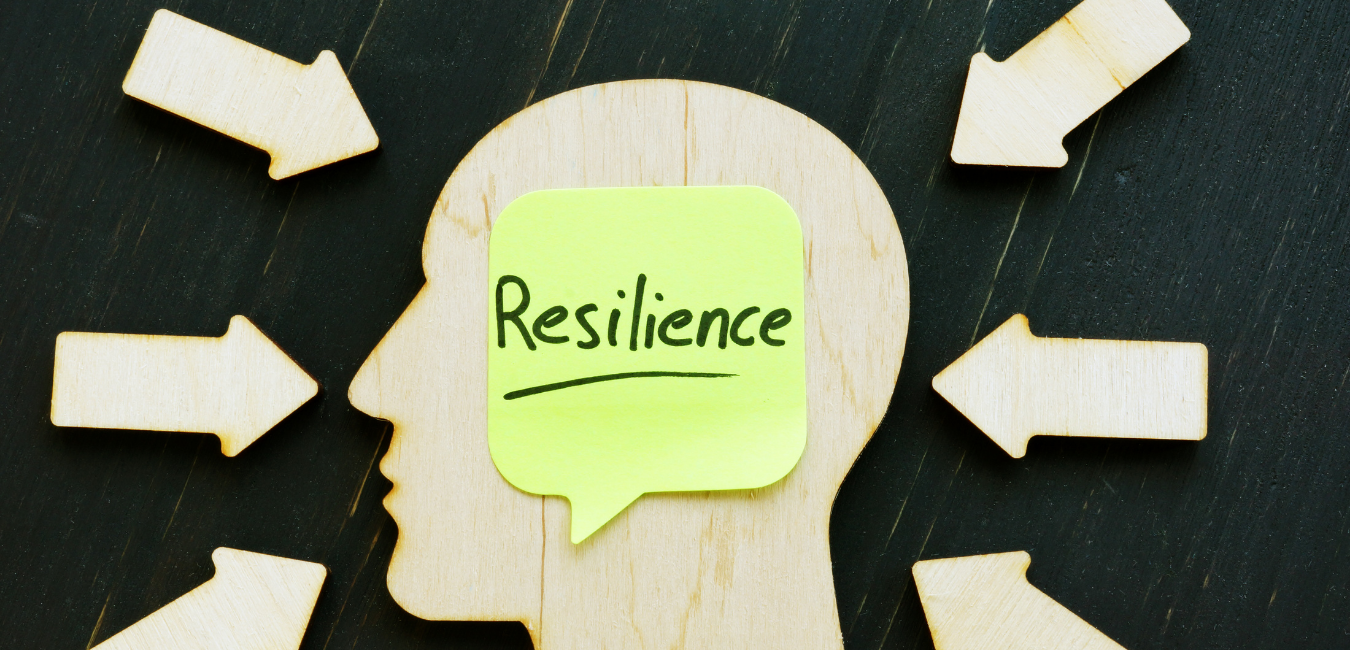An Easy Formula For Building Up Your Resilience Today

Whenever I think about resilience in terms of setting goals, I always refer back to Jack Canfield’s Success Formula:
E+R=O (Event + Reaction = Outcome)
Here is how it works:
E – Represents the events in your life and what’s happening in the world. Most of the significant events in your life will continue to happen without you really having a say.
COVID-19, the global economy, weather and your social status are all great examples of this.
R – Represents your reactions to these events. This is the only thing that you have complete control over in any given situation. The idea here is that the reaction you have to the event will determine your outcome.
This leads us to O.
O – Represents the outcome. If you have a positive reaction to an event, the likelihood is that you are going to have a positive outcome.
Most successful people focus on their reactions and therefore generate positive outcomes regardless of the situations.
However, maintaining a constant positive reaction to events, some of which can seem truly terrible, isn’t always that easy.
And this is where the power of resilience comes into play.
It’s not okay, but it is okay
Being resilient is all about understanding that there is so much going on in this world and that it’s really not as bad as it could be for most of us out there. In fact, in many cases, terrible events can hold new opportunities, with the right reaction.
It’s important that we are reminding ourselves of this when things get tough, because perspective is a beautiful thing.
It allows us to respond to events in a more positive way and realise that we’re all going to be okay in the end, even if things look pretty awful at the time.
At the point of writing this blog, many of my investments have dropped by 75%, my home has gone through some significant damage, and my business is facing a few internal challenges too. These are events that are not within my control, so the question is, “How do I react to them?”
Reacting to bad events
Sure, I could be angry at the stock markets and certainly angry that someone damaged my home deliberately. I could let that anger control me and let that negative mindset control the outcome, but what is that going to achieve?
Anger isn’t going to miraculously change the stock markets, and swearing into thin air won’t fix my windows either (they did a real job on the house!).
Staying in that negative way of thinking might be the easier option, but it’s not going to get you very far in finding a solution to these issues.
Having a negative reaction to one event can set off a chain reaction of negativity which can affect the way you work, the way you are with your family, and ultimately hold you back from achieving your goals.
How to handle your mistakes
Another way we need to be resilient is when we encounter events that were within our control before they happened, like mistakes or errors of judgement.
As the old saying goes, “In life, you are either earning or you are learning.” The thing is, people make mistakes. It’s inevitable. So instead of getting down and reacting badly to them when they happen, look at ways to learn from them.
I have a philosophy in my team where, if the decision they might make could cost the business £200 or less, just make that decision.
Even if they make a mistake, I’d rather they learn from it rather than keep coming to me to make decisions for them. I’d never be able to scale my business that way!
Making mistakes builds resilience
This philosophy also works brilliantly to help build up resilience in my teams.
As I’ve mentioned in previous blogs, you need to get used to the feeling of making mistakes and understanding how to deal with them positively. By starting small, with decisions that don’t have dire consequences, you can begin to build up resilience like a muscle.
This means that when the bigger mistakes happen, and they will, you are well prepared to learn from them rather than get defeated by them.
Let me share a quick story.
One of my biggest mistakes
Early on in my career, I very nearly got defeated by one of these big mistakes. I got wrapped up helping these three people who were involved in mortgage fraud.
I had no idea at the time this was the case, and had helped one of them fill out the paperwork for a mortgage. When the fraud squad finally caught them, I got called to court to defend myself against some very serious allegations.
I was terrified of going to prison and destroying my career before it even took off!
Fortunately, I didn’t go to prison, but it could have been very easy for me to quit with a mistake like that. I could have reacted negatively to my failure and packed up my career from fear of making that same mistake again.
But I didn’t quit.
I brushed myself off, learnt from my mistake and now I run a successful financial services firm.
Setting up goals will help you become more resilient
The important thing to keep in mind here is that, in order to build up resilience to mistakes and external events, you need to have goals.
Goals keep you focused on the end result and will give you that drive to keep going, even when you’re up against a wall.
The sad thing is I see so many people these days without goals. They don’t have that end result in mind, and, therefore, their resilience to events and mistakes isn’t there.
As a result, many fall at the first hurdle or get themselves stressed and worried about events like the COVID-19 pandemic, which can cause all sorts of mental health issues.
It can be all too easy to play the victim card in times like these and let the world get us down, but we’ve got to start being more resilient. We’ve got to understand that it’s our reactions to events that control us, not the events themselves, and we’ve got to learn how to see the opportunities in our mistakes.
And setting goals is a great place to start.
More to come next week.
P.S. You can also hear more from me on setting goals by tuning in to my podcast “Goals Do Come True”. Or if you are looking for a mentor and you are in financial services, feel free to get in touch with me at doug@dougbennett.co.uk and I will see if I can help.




